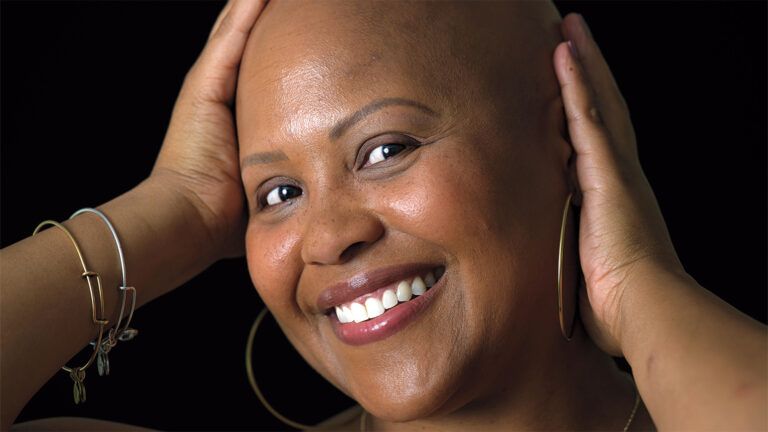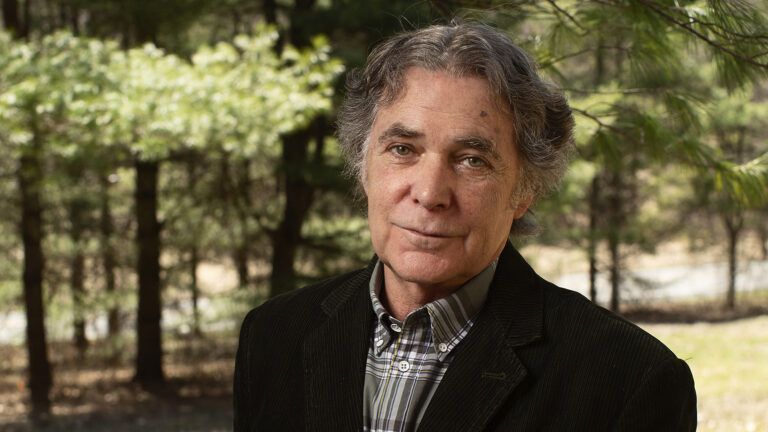“The worst thing that could ever happen would be for everything to go right,” writes Father Jacques Philippe in his book Interior Freedom, “for that would be the end of our growth.” Trials and difficulties do one of two things: render us bitter and childish or make us wiser and kinder. Failures and catastrophes shave off the protective, outer layer of ourselves, making us more vulnerable and sensitive. We can hide or shut down in fear, closing ourselves off from the world. Or we can allow the pain to open us in new ways, to pave the way to a fresh wisdom and resilience.
The second route is harder, of course. It requires that we risk further ache, humiliation, and rejection to live courageously in faith, hope, and love. It means that we put all of our trust in God and believe that even in the most unfavorable of circumstances, God can make good things happen.
When Wrong Becomes Right
In his book, Falling Upward, Franciscan priest Richard Rohr says, “We grow much more by doing it wrong than by doing it right.” It is important to contribute our skills and gifts in appropriate ways, and to use our unique talents in the pursuit of goodness, truth, and beauty. However, we put ourselves at risk for an identity crisis when we depend on our professional success or our material acquisitions or our appearance – anything other than God — to make us feel secure. We are bound to be disappointed if we rely too much on what wecan do, versus what God can do in us.
The Trappist monk Thomas Merton warns, “We may spend our whole life climbing the ladder of success, only to find when we get to the top that our ladder is leaning against the wrong wall.”
Trials, setbacks, and humiliations re-establish God as our ultimate source of identity. They allow us to look at our life trajectory, our vision, our values and make sure that we aren’t leaning against the wall of accolades, materialism, fame, success, achievement, or another kind of false security. Most setbacks force us to do the first three steps of any 12-step program: declare powerlessness and decide to trust God with all things, big and small.
There is freedom to be gained by establishing our identity in God and trusting wholeheartedly in His mercy. Even in the ugliest of circumstances, we know that a loving God is at the helm, directing us toward ultimate fulfillment and peace. Fr. Philippe writes, “If we have learned to let this inner space of freedom unfold, then even though many things may well cause us to suffer, nothing will really be able to oppress us or crush us.”
The Way of the Wound
One evening a few years ago during a severe depressive episode, I knelt in church and begged God to take away my panic and anxiety. Hardly a coincidence, one of the readings was Paul’s letter to the Corinthians about the thorn in his flesh. Three times Paul pleaded with God to take it from him, but the Lord said, “My grace is sufficient for you, for my power is made perfect in weakness” (2 Corinthians 12:9). Paul goes on to write that for Christ’s sake, “I delight in weaknesses, in insults, in hardships, in persecutions, in difficulties. For when I am weak, then I am strong” (2 Corinthians 12:10).
Rohr says this spirituality of imperfection, this principle of “going down to go up” is often called “the way of the wound.” The books of the Old Testament present a God that is on the side of the downtrodden. Jesus declares repeatedly throughout the gospels that the last shall be first. The Beatitudes state, “Blest are the poor in spirit, for theirs is the Kingdom of God.” St. Francis of Assisi extols the way of poverty.
St. Therese of Lisieux espouses a “little way” or small actions with great love. In one of her letters to her sister Celine, she writes: “In times of aridity when I am incapable of praying, of practicing virtue, I seek little opportunities, mere trifles, to give pleasure to Jesus; for instance a smile, a pleasant word when inclined to be silent and to show weariness….Even though this fire of love might seem extinct I would still throw little straws upon the embers and I am certain it would rekindle.”
Falling into Something
Falling is never comfortable. We lose our balance. We feel out of control. Sometimes we get hurt. During the most frightening times of my life, when I am without direction or vision, I have imagined myself falling back into the arms of Jesus, as if He is my buddy at Girl Scouts during a trust fall.
All falls are trust falls.
Rohr says, “It takes a foundational trust to fall or to fail – and not to fall apart. Faith alone holds you while you stand waiting and hoping and trusting. Then, and only then, will deeper love happen.” Great love, he asserts, is always a discovery, a surprise, a falling “into something” much bigger and deeper that is beyond us. It’s “transrational,” larger than rational that can be difficult to comprehend.
When we die to ourselves, when a misfortune has damaged our ego, we give birth to our real selves. Impoverishment gives us new eyes to see our unique value apart from what we do or produce or accomplish. Only when our superficiality is shed by some painful circumstance can we begin to see ourselves for what we are: children of God.
I hope I’m done growing for a while. But I acknowledge that each of my difficulties over the course of my life has made me kinder, wiser, and more dependent on God. This last time I had to pick up my ladder and lean it against a different wall, one that is much more secure. The result is more peace, even in the midst of pain.





